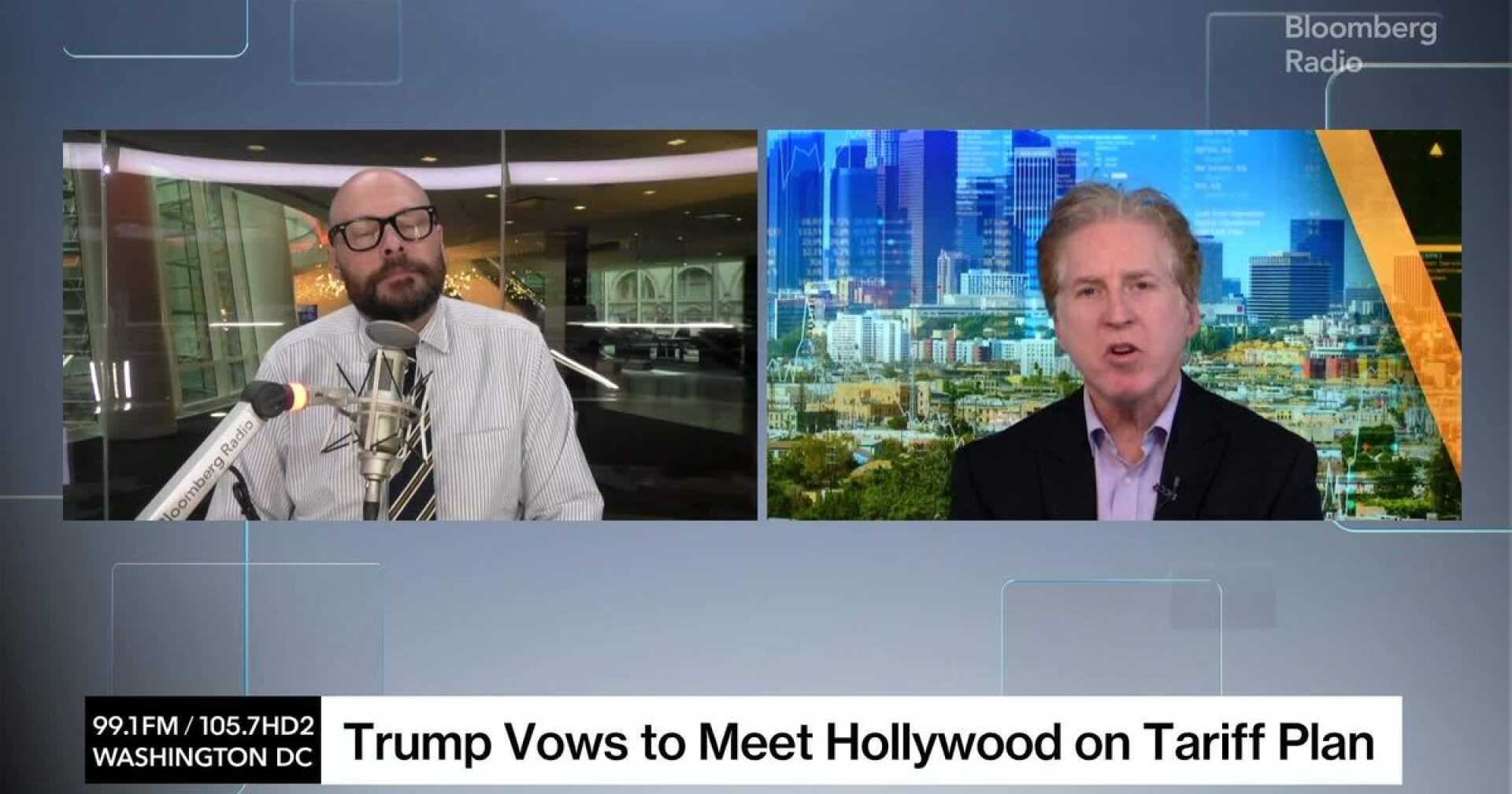Entertainment
Hollywood Execs Speak Out on Proposed Movie Tariffs

Beverly Hills, California – Hollywood studio executives gathered this week at the 2025 Milken Institute Global Conference to discuss proposed tariffs that could affect productions shot outside the United States.
The discussion comes in the wake of President Trump’s surprise announcement suggesting that increased tariffs on foreign films are necessary for national security. Studio heads shared their concerns about potential impacts on the industry.
“It’s a big issue, obviously,” said Ravi Ahuja, president and CEO of Sony Pictures Entertainment. He emphasized that the situation is particularly dire for California, which has seen many productions leave for states and countries with more favorable financial incentives.
Ahuja explained that production costs are modest, averaging about 10% profit for studios. He noted that studios often seek locations that are cost-efficient, which can lead them to shoot outside the U.S.
Casey Bloys, chairman and CEO of HBO and Max Content, added that the uncertainty around California’s tax incentives complicates planning for studios. “If California could address that, that would make a big difference,” Bloys said.
Pearlena Igbokwe, chairman of Universal Studio Group, echoed this sentiment, stating the industry does not wish to move away from Los Angeles but often has no choice due to resource availability and production budgets.
New California regulations come with a cap of $750 million on incentives, requiring producers to enter a lottery for access. Many other regions have more straightforward benefit structures, leading to a competitive disadvantage for California.
Some executives worry that increased tariffs could raise production costs by 25% or more, potentially leading to fewer film releases, which would ultimately hurt theater chains in the U.S. and abroad.
As discussions unfold, Trump’s office has yet to clarify the details of the proposed tariffs, leaving the industry in a state of uncertainty. Whether such tariffs will become law or whether producers will be able to push back remains to be seen.
Studio executives continue to advocate for more favorable conditions for production to keep filmmaking competitive in the U.S., but they also know that without solid incentives, many will continue to look abroad. “Everyone wants jobs to come back home, but it’s hard to compete without subsidies,” Ahuja said.












